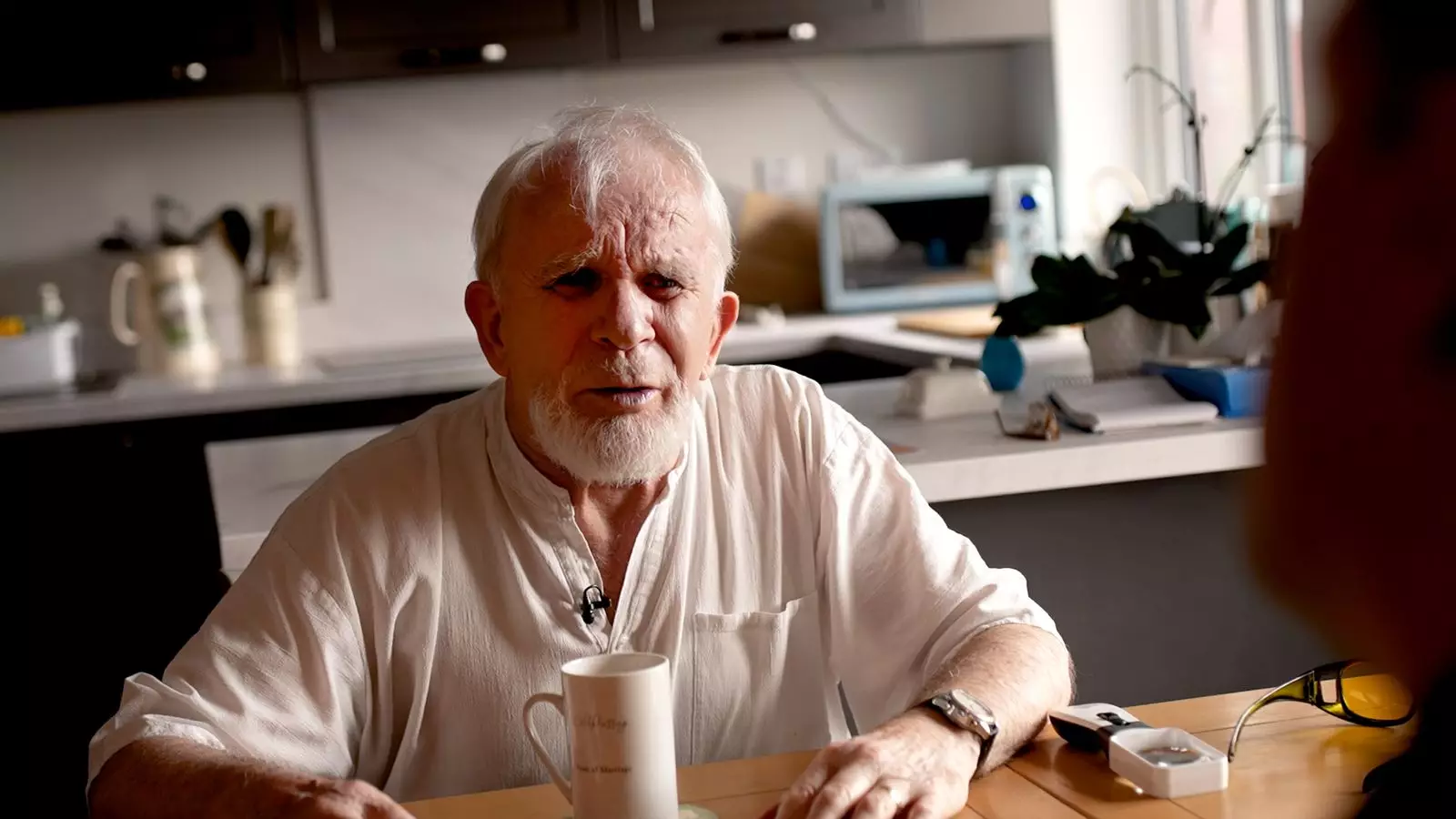As winter approaches, the shadows grow longer—not only in the physical sense but also in the emotional and financial hardships faced by the elderly. Kevin McGrath, an 81-year-old former Roman Catholic monk and social worker residing in Corby, Northamptonshire, finds himself at a crossroads shaped by looming government policies that disproportionately affect older citizens. In a time when support systems should be fortified, unsettling news of proposed cuts to the winter fuel payment for pensioners raises concerns about the diminishing safety nets available to the vulnerable.
At the heart of this debate lies the government’s decision to limit winter fuel payments to only those pensioners who qualify for Pension Credit or similar benefits. According to Chancellor Rachel Reeves, this policy aims to address a staggering £22 billion gap in public finances. However, McGrath raises a critical question: “Why start at the bottom? Why not target the affluent?” This sentiment resonates with countless individuals who devote their lives to community service, yet now face punitive measures that diminish their dignity and agency.
The issue is compounded by the very nature of means testing, which inherently imposes a judgment on a person’s financial situation. For many, the need to demonstrate eligibility is not only a bureaucratic hurdle but also a source of shame. McGrath highlights the embarrassment felt by his peers, many of whom have to justify their financial struggles after a lifetime of work. This systemic disregard raises profound ethical questions surrounding the government’s priorities and the moral implications of choice in difficult financial times.
The charity Independent Age, which works tirelessly to support older adults, has witnessed a dramatic uptick in concerns surrounding the winter fuel payment policy. Data revealed that calls regarding Pension Credit surged in August, escalating to three-and-a-half times the average amount over the year’s first half. This alarming trend captures the emotional turmoil faced by older individuals, many of whom are afraid of losing what little support they have during the coldest months of the year. As Joanna Elson, chief executive of Independent Age, states, “The winter ahead feels very bleak” for many older adults struggling with low incomes. The necessity for warmth and sustenance during winter should not be a luxury; yet, it appears to be becoming one.
The government’s insistence on this means-testing strategy has elicited widespread frustration. Kevin McGrath’s story is emblematic of broader sentiments that reflect a growing disconnect between policymakers and the lived experiences of older citizens. Many of those affected have expressed fears about the implications of such cutbacks on their daily lives, particularly regarding the essentials of heating and nourishment. With rising costs exacerbating the dire economic landscape, the stakes could not be higher.
While the government purports that restructuring the winter fuel allowance is meant to target aid towards those in greatest need, the approach has raised questions about the efficacy and fairness of the proposal. The commitment to maintain the triple lock on state pensions appears as a silver lining; however, for many, this does not mitigate the immediate pressures posed by cuts to other crucial benefits. Kevin’s disappointment with the government’s direction is palpable: “If you are elderly and not economically active, then you don’t matter,” he articulates sadly.
As the winter season looms, uncertainty reigns as families evaluate their financial futures. The pressure is mounting, highlighting the need for a transparent dialogue between the government and its citizens. Elderly individuals should not be left feeling as though they are burdens but should be viewed as valued, contributing members of society whose histories and lived experiences hold significant weight.
Facing an uncertain winter, the suppressed voices of older generations implore the government to reconsider its policies before irrevocable harm is caused. There needs to be a concerted effort to ensure that safety nets like the winter fuel payment reflect a commitment to dignity and care for those who have spent their lives uplifting others. The time has come for policymakers to prioritize compassion over cost-cutting and remember that a society is measured by how it treats its most vulnerable citizens. As the nights grow longer and the temperature drops, it is imperative that we collectively stave off the chill with empathy and action.



Leave a Reply